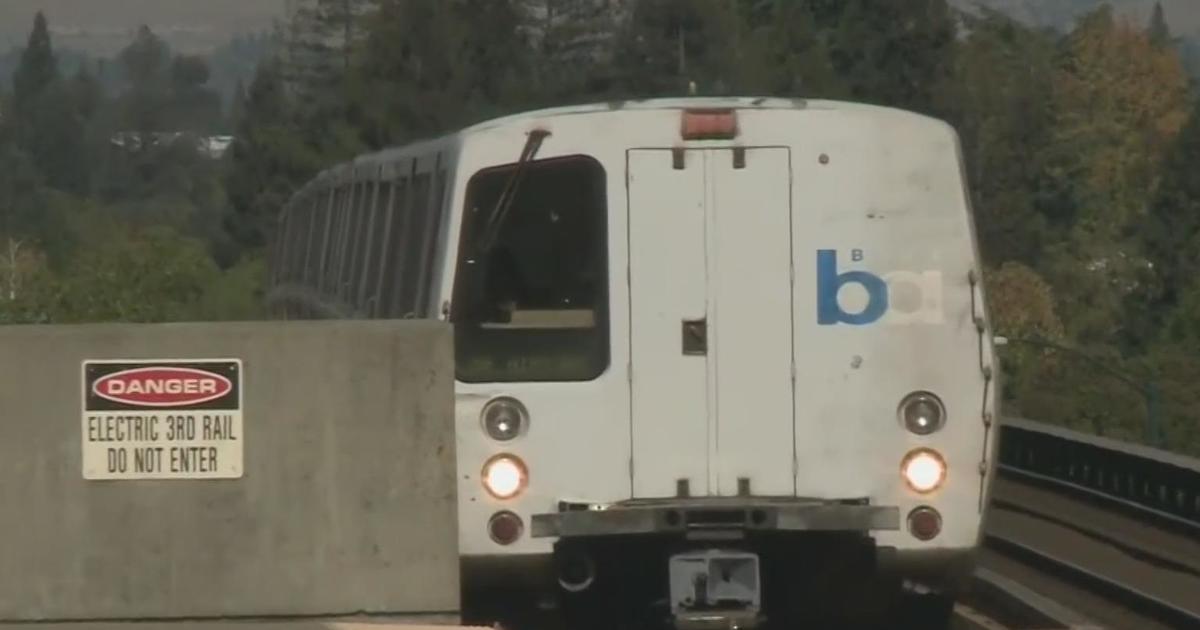Feinstein: Intelligence Mistake, Inadequate Security To Blame For Libyan Terror Attack
SAN FRANCISCO (CBS 5) -- The head of the U.S. Senate's Intelligence Committee said Wednesday that it appeared an intelligence mistake along with inadequate security were to blame for the Sept. 11 terrorist attack on the American Embassy in Benghazi, Libya that claimed the lives of Ambassador Chris Stevens, a Bay Area native, and three others.
"I can tell you this, I think we do know what happened now. There's no question but that it was a terrorist attack, there is no question but that the security was inadequate and I think that there is no question that we need to work on our intelligence," said Sen. Dianne Feinstein (D-Calif.) during an exclusive interview with CBS 5.
Feinstein's comments came one day after a spirited back-and-forth exchange between President Barack Obama and challenger Mitt Romney in their second debate over the assault on the consulate. Romney claimed the attack was a symptom of weakness in Obama's foreign policy.
The two had traded jabs on how quickly the president declared Benghazi an act of terror, with Romney insisting it took two weeks and Obama saying he said as much the day after the attack.
While some U.S officials argued for more than a week after the embassy assault that it stemmed from a protest against an American-made film ridiculing Islam, Feinstein's comments Wednesday made it clear that there was no doubt in her mind that evidence pointed to a planned act of terrorism.
With three weeks before the presidential election, the Obama administration has been unable to put to rest its handling of the Libyan attack that killed Stevens, a State Department computer specialist and two former Navy SEALs who were working as contract security guards.
When asked by CBS 5 if there was an intelligence flaw, the senior California senator who hails from San Francisco replied: "I think what happened was the director of intelligence, who is a very good individual, put out some speaking points on the initial intelligence assessment. I think that was possibly a mistake."
Feinstein continued, "I think we have to take a good look as to whether our intelligence - particularly in these nine middle eastern countries, very troubled from within – is what it should be."
In terms of embassy security, "there is no reason for us to operate and embassy or consulate without adequate protection – and if the home country can't do it, then we need to do it," Feinstein said. "You know there had been five prior attacks including one on the British ambassador in Libya. And that is something that we have to get a better grasp of, and see that that doesn't happen again."
A State Department official testified before Congress last week that she had refused requests for more security in Benghazi because the department wanted to train Libyans for the task. Another U.S. official testified he had argued unsuccessfully for more security for weeks.
Republicans have criticized the Obama administration for denying requests for extra security at the consulate. The administration contended there was no evidence that more security would have thwarted the attack.
(Copyright 2012 CBS San Francisco. All rights reserved.)ke



